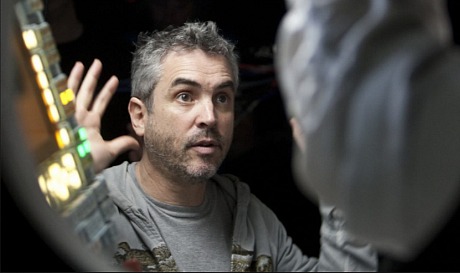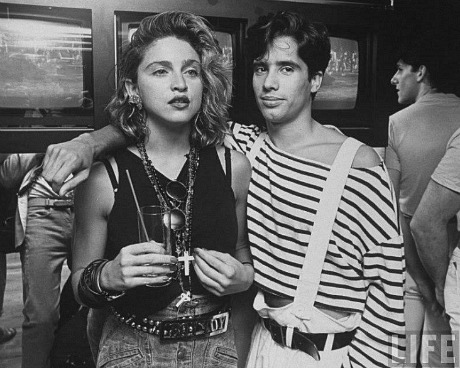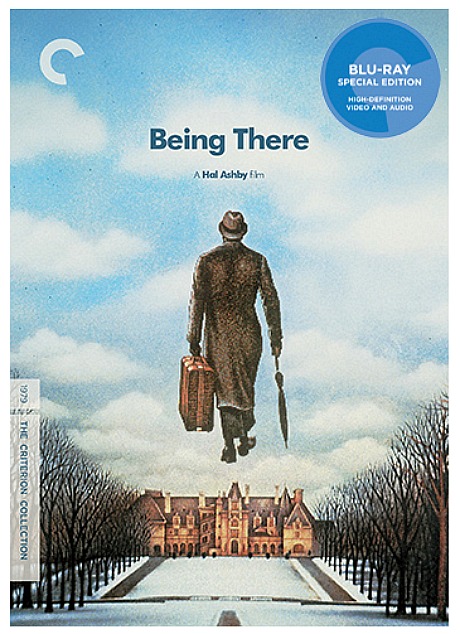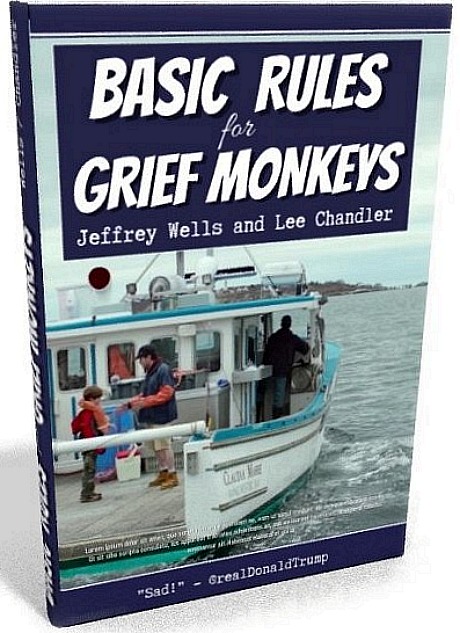Updated on 1.1.17: The following is an update of a piece I originally posted on 12.9: With the addition of Alfonso Cuaron‘s Roma and a few others, Hollywood Elsewhere’s grand tally of high-end 2017 releases now comes to 80.
Of these I’ve listed 6 likely Best Picture contenders, a trio of high-end galactic thrillers, 23 pick-of-the-litter films from brand-name directors, 26 films of alternate interest plus 22 others of somewhat lesser distinction for a total of 79.
At least five of these have the traditional earmarks of Best Picture contenders — Kathryn Bigelow‘s Untitled Detroit Riots Drama, Chris Nolan‘s Dunkirk, Paul Thomas Anderson‘s Charles James ’50s period drama, Alexander Payne‘s Downsizing and Joe Wright‘s Darkest Hour, a Winston Churchill vs. Nazi war machine drama.
I would add Cuaron’s film, a Spanish-language Mexican family drama set in the ’70s, for a total of six, but the Academy will most likely consign it to the Best Foreign Language category.






